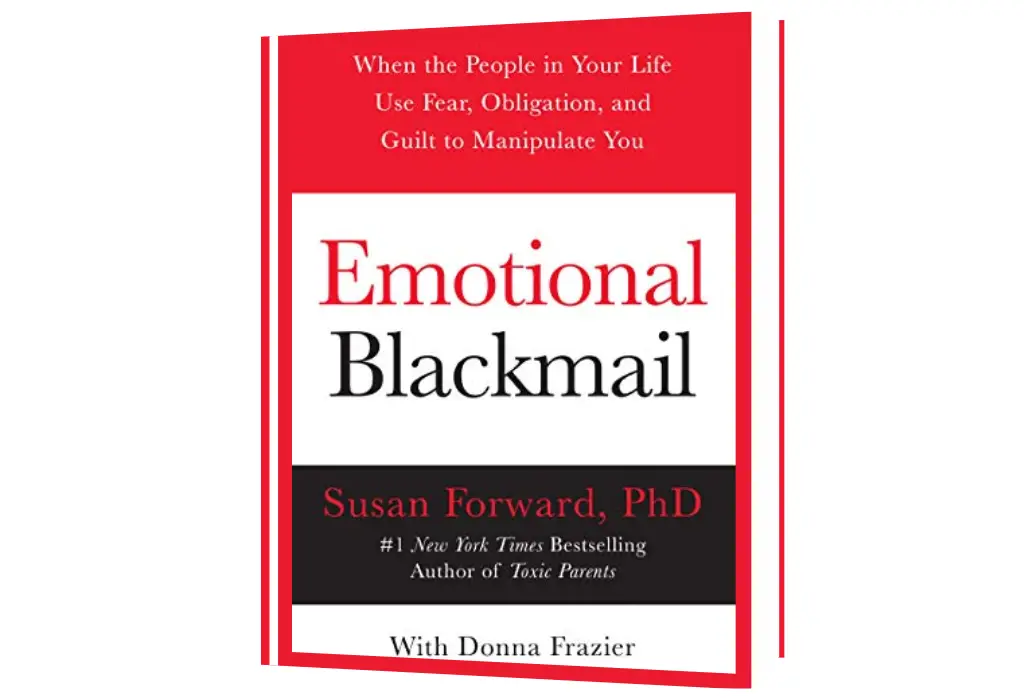A practical guide to better communication that will break the blackmail cycle for good, by one of the nation’s leading therapists, Susan Forward.
“Breathe a sigh of relief! Susan Forward helps you identify and correct an intensely destructive and confusing pattern of relating with those you love. I highly recommend this important book!”—Susan Jeffers, Ph.D., author of Feel the Fear and Do It Anyway
“If you really loved me…”
“After all I’ve done for you…”
“How can you be so selfish…”
Do any of the above sound familiar? They’re all examples of emotional blackmail, a powerful form of manipulation in which people close to us threaten to punish us for not doing what they want. Emotional blackmailers know how much we value our relationships with them. They know our vulnerabilities and our deepest secrets. They are our mothers, our partners, our bosses and coworkers, our friends and our lovers. And no matter how much they care about us, they use this intimate knowledge to give themselves the payoff they want: our compliance.
Susan Forward knows what pushes our hot buttons. Just as John Gray illuminates the communications gap between the sexes in Men Are from Mars, Women Are from Venus, and Harriet Lerner describes an intricate dynamic in The Dance of Anger, so Susan Forward presents the anatomy of a relationship damaged by manipulation, and gives readers an arsenal of tools to fight back.
Main Points
– Types of Emotional Blackmailers: Forward categorizes blackmailers based on their manipulative tactics: Punishers, Self-Punishers, Sufferers, and Tantalizers.
– F.O.G. – Fear, Obligation, Guilt: These are the primary tools used in emotional blackmail. Forward describes how manipulators use these emotions to gain control and compliance from their victims.
– The Blackmail Transaction: Forward explains the pattern that emotional blackmail typically follows, including the demand, resistance, pressure, threats, compliance, and repetition.
– Personal Boundaries: The importance of setting and maintaining personal boundaries to protect oneself from being manipulated.
– Strategies for Responding: Forward provides strategies for victims of emotional blackmail to defuse the situation and respond effectively. She emphasizes the need for victims to recognize their own part in the dynamics and how changing their responses can change the outcome.
– Case Studies and Examples: Throughout the book, Forward uses real-life examples and detailed case studies to illustrate her points and show how emotional blackmail appears in various relationships, including those between parents and children, couples, and friends.
Conclusion
In the final sections, Forward encourages readers to reclaim their autonomy and integrity by asserting themselves, communicating openly and honestly, and setting firm boundaries. The book is meant not only to help victims recognize and end cycles of manipulation but also to empower them to build healthier relationships.
This book is particularly useful for those who feel they’re being manipulated but can’t pinpoint why or how it’s happening. It also serves as a guide for people looking to improve their communication skills and emotional intelligence to foster better personal and professional relationships.







